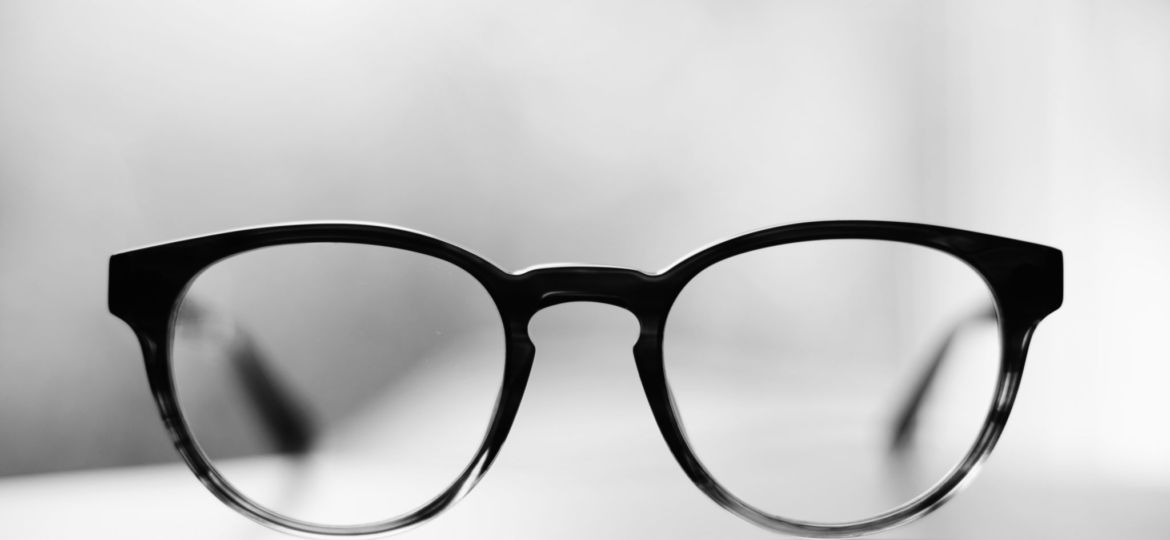
I was privileged to host an incredibly insightful panel this week. The Oregon Sports Angels invited Himalaya Rao, Sheila Murty and Rashad Floyd to discuss how we can level the playing field for founders from the BIPOC community. It was a masterclass in how to see the world from different perspectives and how to build bridges with local BIPOC communities. It helped me reflect on how I am blinded by my bias.
Our implicit bias is powerful
As angel investors, these are very important learnings that will help us understand how our implicit biases shape how and who we invest in. Himalaya illustrates this with her perspective on investing in a BIPOC founder led company. As investors we look for indications the company is sound and will be successful. You typically don’t want to be the first investor in a venture. It is much easier to follow the crowd. BIPOC founders don’t have the luxury of having friends and family making the first investments in their company. The lower levels of wealth in this community operate as a barrier to gaining this kind of investment.
This is normally a red flag for investors. If friends and family aren’t willing to invest, there must be something wrong and I shouldn’t either. The reality is completely different. Operating with no access to capital demonstrates the exact skills we are looking for. These founders have to be resourceful, resilient, creative, lean and optimistic. I would rather invest in someone with these skills than someone who is well funded and willing to spend it all, often without a good return.
Blind to reality
Himalaya’s example illustrates how the lens through which we look at the world shapes our opinions. They blind us to reality which can lead us to make poor decisions. What we see as safe is actually the opposite. Sheila suggested we ask ourselves, ‘What are we missing?’ Doing this when we feel certain is a powerful exercise.
As the community around us becomes more polarized, my bias is becoming more impactful. The differences become more clear and I see there are more people who aren’t like me. At the same time, Rashad illustrated we actually all have something in common. He suggested we approach anyone not like us with the mindset ‘we have something in common and let’s find it’. If we can do this we can build bridges instead of making the gaps wider.

